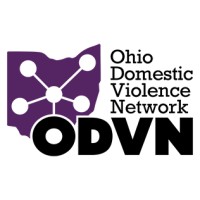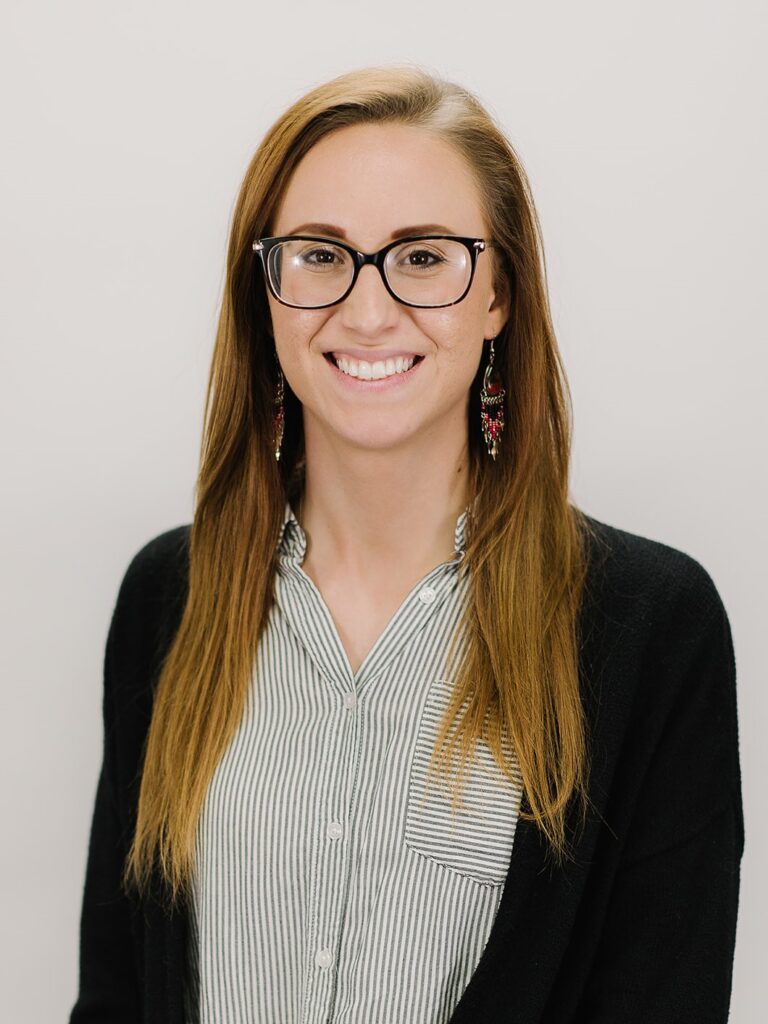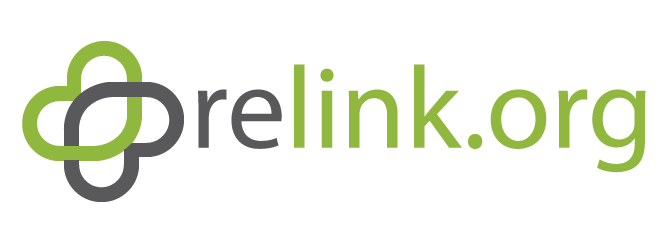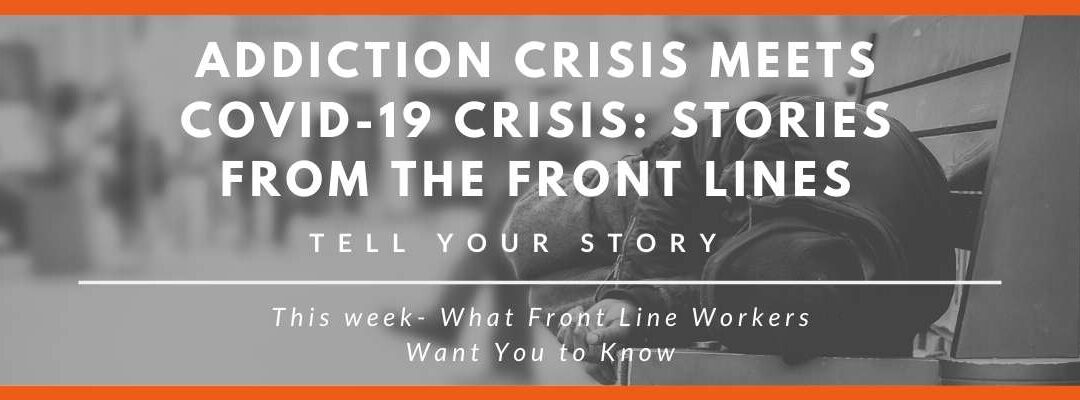Over the past several weeks, the relink.org team has kept in close communication with all our community partners. During this time, we have heard some heartbreaking stories as well as stories of hope. I will continue to highlight organizations and dive deeper into topics as the COVID-19 crisis remains and this week I thought I would share several key issues we are hearing about in our conversations with those working on the front lines.
“We are fighting an epidemic within a pandemic and it’s doubling deaths.”
Nicole Brantner shared this insight with me earlier this week. Nicole works in community relations for Arrow Passage Recovery in Massillon, Ohio. She is a person in recovery herself and for as long as I have known her, she has always been heavily involved within the community. Nicole championed bringing the Safe Passages initiative to Ohio several years ago. This initiative works with police departments and is is “aimed at getting help to the people suffering from opioid addiction, instead of putting them in handcuffs”. -solonohio.org
Nicole still keeps in touch with local law enforcement and said that they have seen a rise in overdoses in Northeast Ohio and in drug-related suicides. The coverage of this in the media seems to be fairly limited, however the Dayton Daily News shared an article this past week looking at how this troubling trend is being addressed in their community.
We have also heard similar reports from several other community partners across the state. In an email sent out last week by Micheal Daniels, Director for The Franklin County Commissioners’ Office of Justice Policy and Programs, Daniels stated that “we are seeing upticks in domestic violence, child abuse, and drug overdoses.”
Nicole and I also discussed the increase in drinking and impact that is having on domestic violence and child abuse. According to an article by CNBC, “alcohol sales at U.S. liquor and grocery stores were up 22% for the week ending March 28”. The compounding effects of being at home with family all day long, economic stress, fear, and an increase in substance use to cope all create a perfect storm for violence and abuse.

One way you can help is by supporting your local domestic violence shelters and efforts during this time. The Ohio Domestic Violence Network is a great resource for learning about efforts across the state to how you can provide support during this time. You can visit their website or Facebook page to get connected.
Lastly, I asked Nicole if there was anything else she wanted me to share and this brought up the topic of fear. Last week we talked about how people might be afraid to get help, well it seems some are equally afraid to give help. Additionally, many of those working in the recovery field are in recovery themselves and have finally found a purpose serving others. Isolation is taking that away. For some who have experienced jail or prison due to their addiction, this isolation could be quite triggering. Nicole wants to encourage the service community to not be afraid to still get out there and help people.

In Arrow Passage Recovery’s newsletter last month, they highlighted some of the outreach Nicole has been doing to serve recovery homes and families by delivering groceries and hygiene products.
We may never be able to calculate how much the COVID-19 crisis is impacting recovery, but the important thing to remember is that each of us can help reduce the impact. Whether it is by monitoring our own mental health and reaching out for help, keeping in touch with family and looking out for signs of mental illness , or volunteering our time or money to help those working on the front lines, during times of crisis, the actions of one can make a big difference.
Stay tuned for next week’s article to continue to learn about the intersection of these two crises and how you can get involved.
If you or someone you know needs help now, find resources in your area through our online search tool.

About the Author
Bethany Friedrichsen is the Statewide Coordinator for relink.org. She has a background in psychology and has been working for the past three years in the addiction recovery and reentry space to create connection for people in need to the caring resources in their community.


Recent Comments